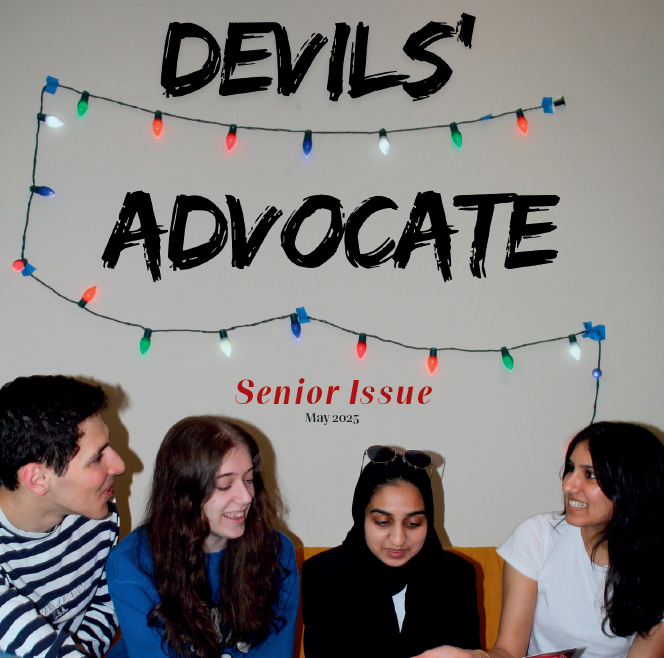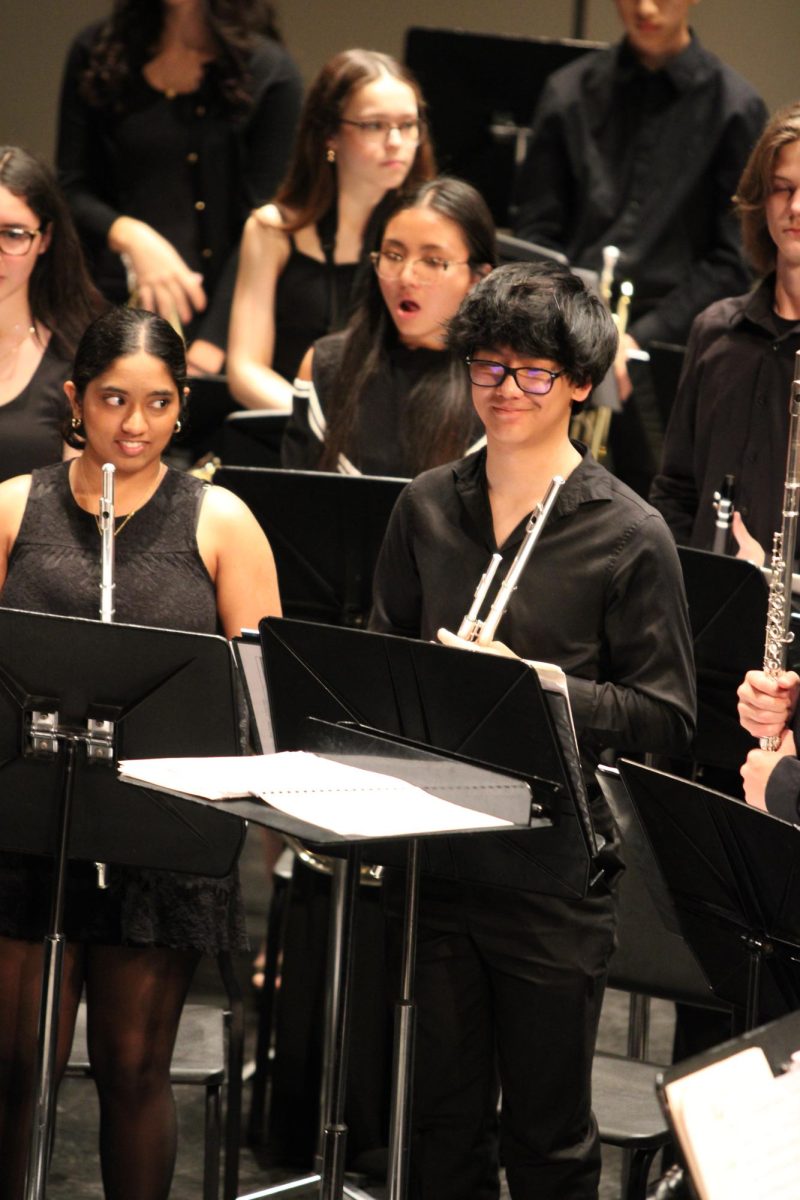
District 86 held school board elections, and Victor Casini, a parent who spearheaded the controversy with R-rated movies being shown in South’s Film as Literature class, was elected as a board member. Casini ran on a platform of fiscal responsibility and increased attention to curriculum. Students, however, have mixed feelings about this election.
Some students like junior Annie Cappetta believe that Casini’s platform is focused too much on the film controversy earlier this year.
“When people tell me that these candidates really do care about the school, I can’t believe it because the entire reason they ran was not to improve our education, but to force partisan politics and for a religious, discriminatory agenda on our schools. They were principally concerned with homosexuality being shown in a non-negative light in our schools,” Cappetta said.
On the other hand, students such as junior Rebecca Quinn support Casini and believe his views on R-rated films being shown in schools are appropriate.
“Some people think that what Mr. Casini was proposing smacked of censorship and homophobia, however, he definitely wasn’t suggesting either. I think the point he was making was that some movies are controversial, and there was no need to use movies that are going to cause some students or parents to be upset when there are millions of alternatives that would work just as well,” Quinn said.
Those who oppose Casini also point out that parents are given the option to opt their students out of seeing the movie.
“They do not respect parents, as they would like to ban any R-rated movie regardless of the previous policy that allows parents to sign permission slips as to what is best for their child,” Cappetta said.
Some think this creates an exclusive environment for students who are opted out of watching a movie.
“Although the students were given a chance to ‘opt out’ of viewing the films in question, [Casini] was concerned that this solution was less than optimal because it could lead to the student being ostracized or missing out on a class they really wanted to take,” Quinn said.
Ultimately, these differing opinions center on the question of how students should be exposed to difficult issues.
“As a student body, we must object to those trying to tell us our education must be more close-minded. Movies open the heart to experience empathy. Would our lessons on genocide be as poignant without Hotel Rwanda in World History or Schindler’s List in AP Euro?” Cappetta said.
“If there are dozens of movies that would meet the criteria just as well as a controversial one, why is it that we can’t watch a movie that’s less controversial? If a parent thinks that a certain movie is necessary to their child’s learning and development, let the parent be the one to show it to them,” Quinn said.













